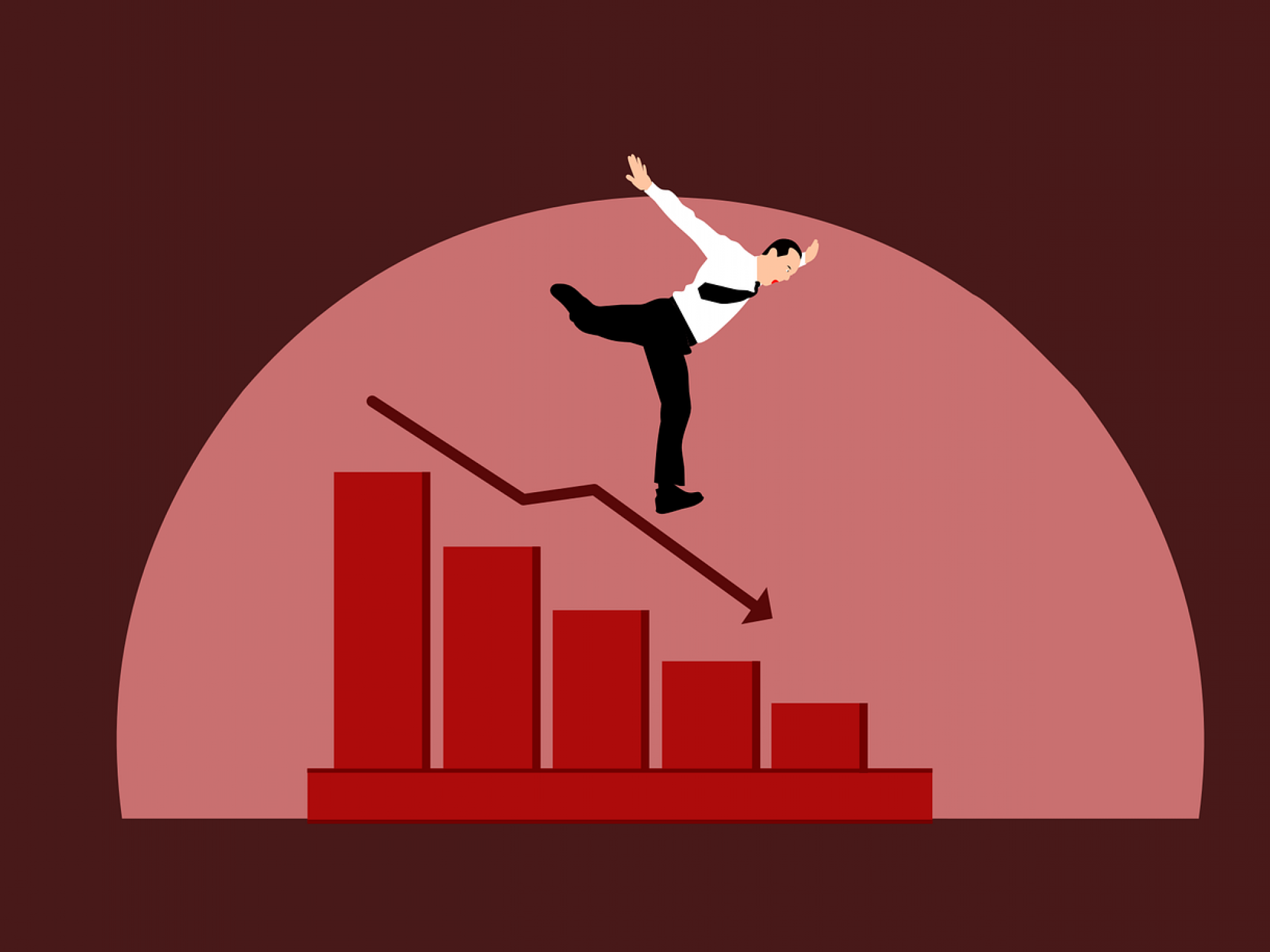
The S&P 500 kicked off 2022 with a 5.3% loss in the month of January, its worst start to a new year since 2009. Fortunately for investors, a late-month rally added 4.4% for the S&P 500 in the final two trading days of the month, but some investors are understandably concerned about what the overall weak January market performance means for the SPDR S&P 500 ETF Trust (NYSE:SPY) for the remainder of 2022.
The Numbers: On Tuesday, LPL Financial Chief Market Strategist Ryan Detrick said investors shouldn't read too much into the January Barometer, an old Wall Street adage that states "as goes January, so goes the year."
Related Link: Why The Stock Market Is 'Not Out Of The Woods Yet'
According to LPL, when the S&P 500 has traded higher in the month of January, the index has traded higher during the following 11 months 86% of the time for an average gain of 11.9%. When the market dropped in January, the S&P 500 has traded higher during the following 11 months 62% of the time for an average gain of just 2.7%.
Broken Barometer: Detrick said investors should certainly pay attention to the bearish trading action in January, but noted that the January Barometer has become extremely unreliable in recent years.
"It is worth noting that the January Barometer has been broken lately. In fact, 9 of the past 10 times stocks were lower in January, the final 11 months were higher, with some huge gains in there," Detrick said.
In fact, 2021 is an excellent example of the broken January Barometer. The S&P 500 traded lower by 1.1% in January 2021 before gaining 28.3% over the next 11 months.
The bad news for investors in the near-term is that particularly bad January returns don't bode well for February returns. Detrick said the S&P 500 traded lower in February six of the past seven times it dropped by at least 5% in January.
Benzinga's Take: Inflation, supply chains, The Fed and the omicron variant have created some extreme volatility in the S&P 500 in the opening weeks of 2022. However, underlying economic growth trends remain positive for now, which should be good news for investors from a fundamental standpoint.







